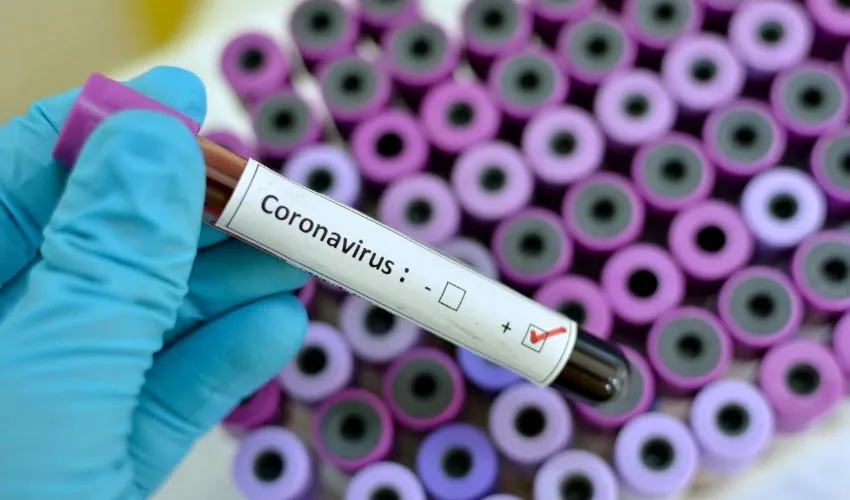
The Importance of a Strong National Health Service
Eduardo Missoni, Professor of Global Health and Development at SDA Bocconi and Fellow of the COVID Crisis Lab, has carried out a series of 10 qualitative studies looking at different aspects of how health systems dealt with the COVID-19 emergency with a team of his alumni now at the Saluteglobale.it association.
The publications resulted from the multidisciplinary collaboration of former students from three different Universities: Bocconi, University of Brescia (Faculty of Medicine) and University Milano-Bicocca (Department of Sociology and Social Research). Several of the projects look at the issue of universal health care during the epidemic, focusing on Italy, such as "The Italian health system facing the COVID-19 challenge" (Lancet) and "COVID-19: Universal Health Coverage now more than ever" (Journal of Global Health).
"From the Italian side, we wanted to share internationally how the epidemic has highlighted certain weaknesses in a system that was seen as one of the best in the world," said Missoni. "What we should learn from COVID-19 is the importance of the central steering of the national health service. We found that health systems in general run into difficulty when they have weak primary level of care (community medicine teams and general practitioners), and suffer the consequences of cuts on financial and human resources, and privatization." Fragmentation and regionalization is also a problem, because it creates procurement issues and creates confusion about rules, especially during emergencies.
Italy's regions often followed different paths and had different results. The study "So close yet so distant: evidence from Lombardy and Veneto to plan COVID-19 recovery strategy" (in Archives of Community Medicine and Public Health) compares the approaches of two different screening models. The region of Lombardy focused on testing mainly the symptomatic cases and invested less in territorial care, whereas Veneto practiced extensive population testing, including asymptomatic and paucisymptomatic cases. Veneto's model was more effective.